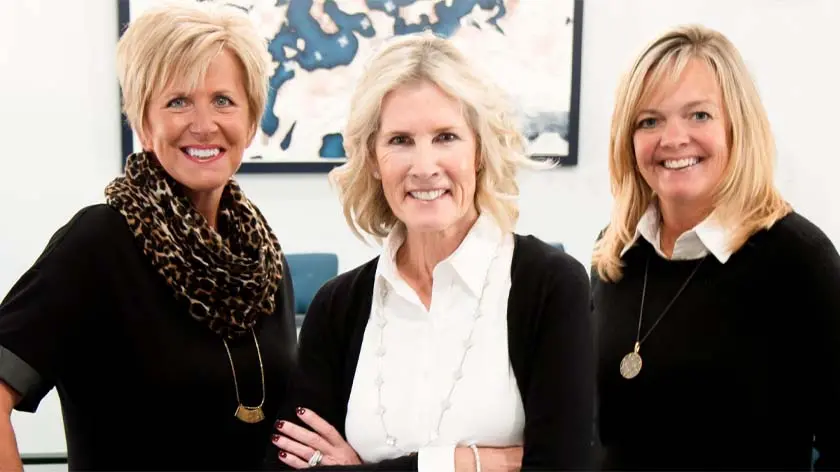Consult professional resources
A team of trusted advisors is valuable at every point in the business lifecycle, whether you’re just starting your business and need help creating a plan, or your business is growing and you need help meeting demand.
A financial professional, legal advisor and CPA can help you find a balance between your personal and business finances.
Grow your network
Develop a support system of advisors, mentors and other women business owners who can help play a role in how you run your business. Successful women entrepreneurs with different professional backgrounds may be able to offer guidance on business ownership, regardless of their industry, and the challenges that come with it. Networking events such as Startup Week can be a great way to find connections.
You may also want to look for organizations that provide sponsorship for women entrepreneurs. When searching for sponsorships it’s important to distinguish between a mentor and a sponsor. Although both are valuable, they serve different purposes:
- A sponsor provides financial funding and influence in exchange for something from you. Look for sponsors who can make further connections for you, such as introducing you to new clients or investors. Identify what you can offer so you can communicate it to potential sponsors.
- A mentor is someone who guides you and provides advice based on their personal experiences dealing with similar situations. Seeking out mentors is equally as important as obtaining the financial backing of a sponsor.
Learn how we can help you work toward your business and personal financial goals.



